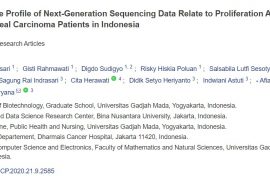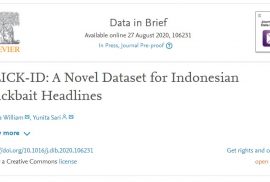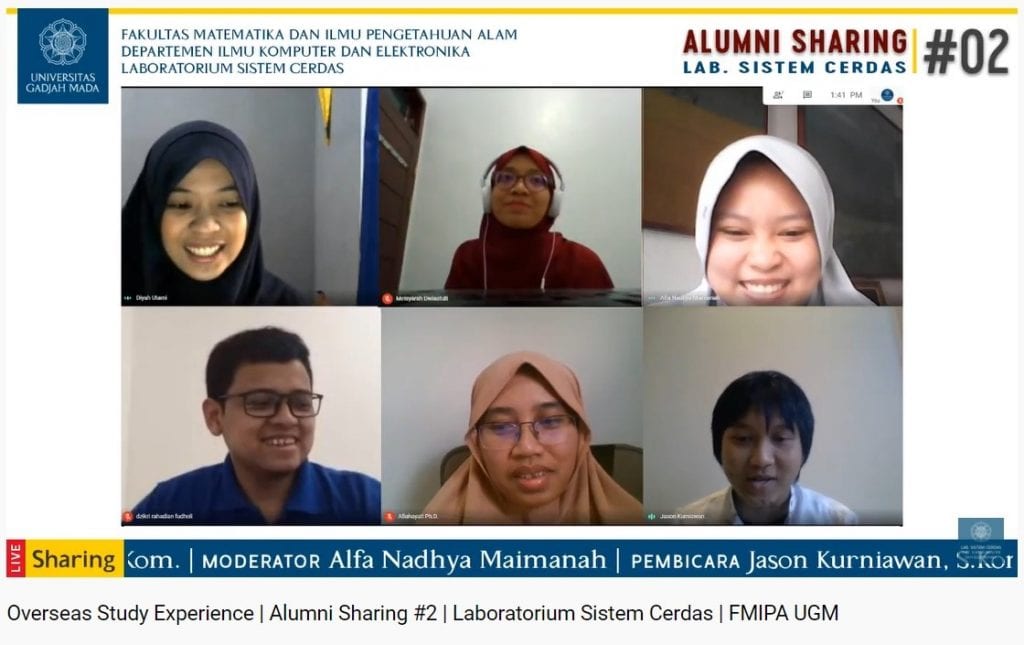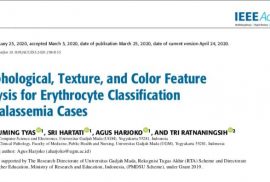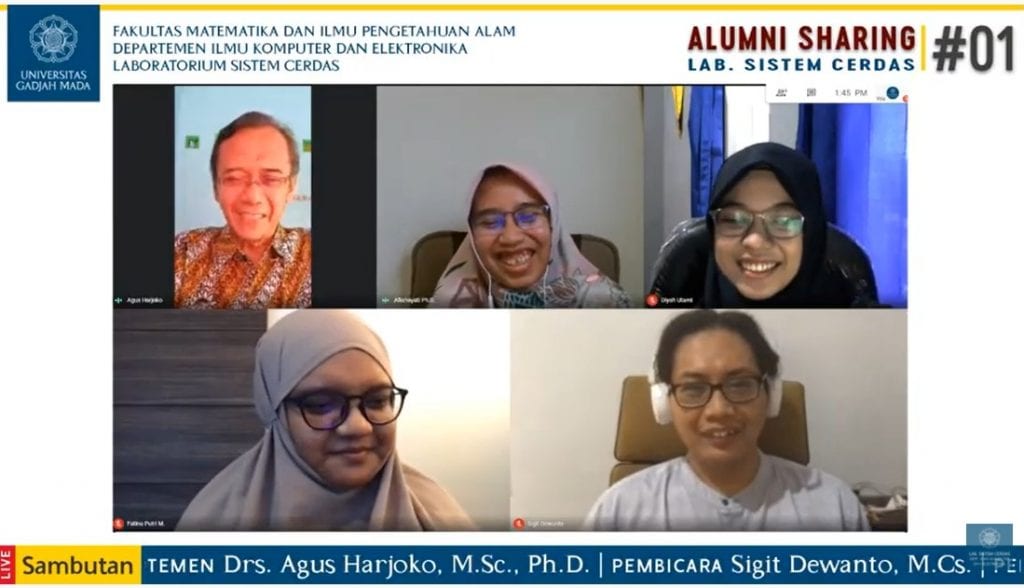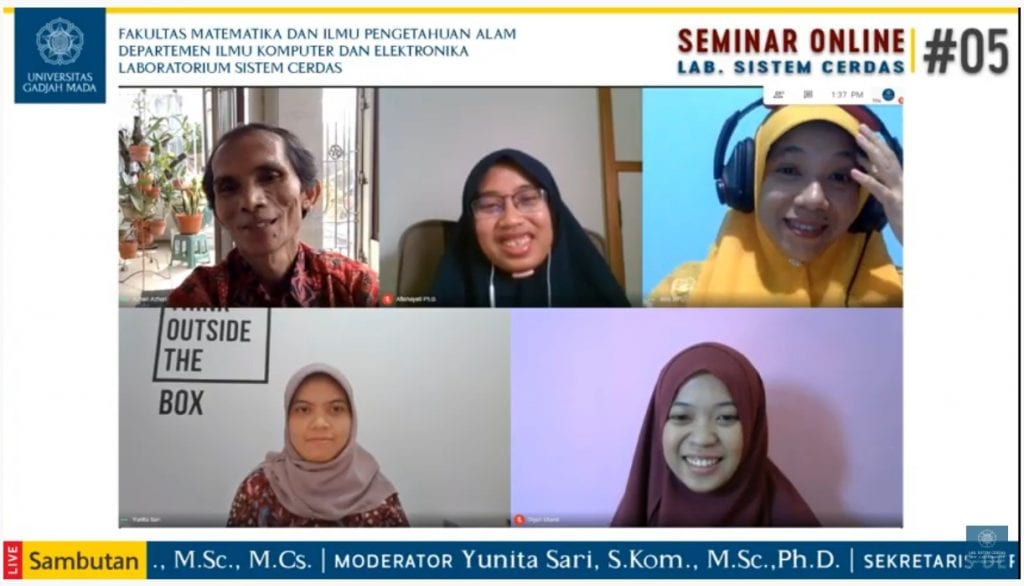Selamat kepada Ibu Afiahayati yang bergabung dalam tim NGS untuk Cancer Analysis. Tim telah mempublikasikan paper berjudul “Transcriptome Profile of Next-Generation Sequencing Data Relate to Proliferation Aberration of Nasopharyngeal Carcinoma Patients in Indonesia (Scopus Q2)
Abstract
Objective: Nasopharyngeal carcinoma (NPC) is the most common cancer arising from epithelial cells of the nasopharynx in Indonesia. This study aims to determine the differential level of gene expression in NPC patients when compared with normal individuals. Transcriptome profiling analysis was performed using RNA-Seq technology to determine the differential gene expression relate to proliferation aberration that occurs in NPC patients compared with normal individuals. So we get the transcriptomic profile of Indonesia NPC patients. Methods: In this study, we used 9 samples, 7 NPC samples and 2 normal samples as control. Fresh tissue of tumor samples was collected from biopsy, and normal samples were collected brushing technique. The total RNA was isolated from fresh tissue samples and brushing samples using the Rneasy® RNA Extraction Mini Kit. The cDNA library was generated using TruSeq® RNA Library Preparation Kit V2, and its concentration was determined using qPCR. The library was sequenced using the Next-Generation Sequencing (NGS) Illumina Next Seq 550 platform. The raw sequence data quality was analyzed using FastQC and interpreted using HISAT2, HTSeq, edgeR, and PANTHER. Results: From the analysis, 25493 gene transcripts were expressed, with 1956 genes were significantly upregulated, 90 genes were significantly downregulated in NPC samples, and 23897 genes didn’t change the expression level significantly (p <0.05), 10 of which genes were associated with cell proliferation. These genes are involved in the regulation of cancer cell proliferation through several signaling pathways, which are the apoptosis signaling pathway, IGF signaling pathway, Notch signaling pathway, and P13K signaling pathway. Conclusion: There were significant differences in gene expression levels between NPC patients and normal individuals. Each gene that has changed the expression level plays a role in regulating various pathways that lead to cell proliferation aberration in NPC cases.

